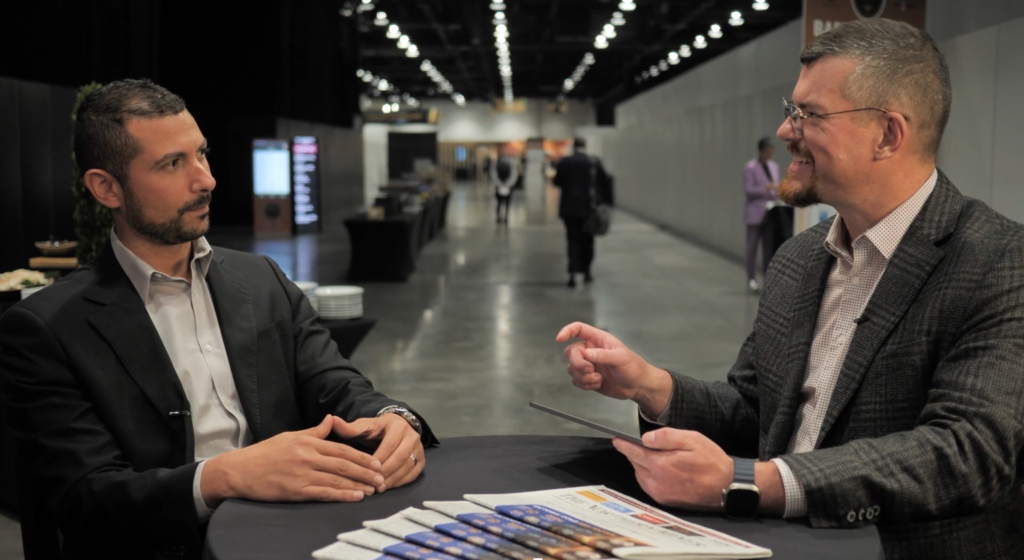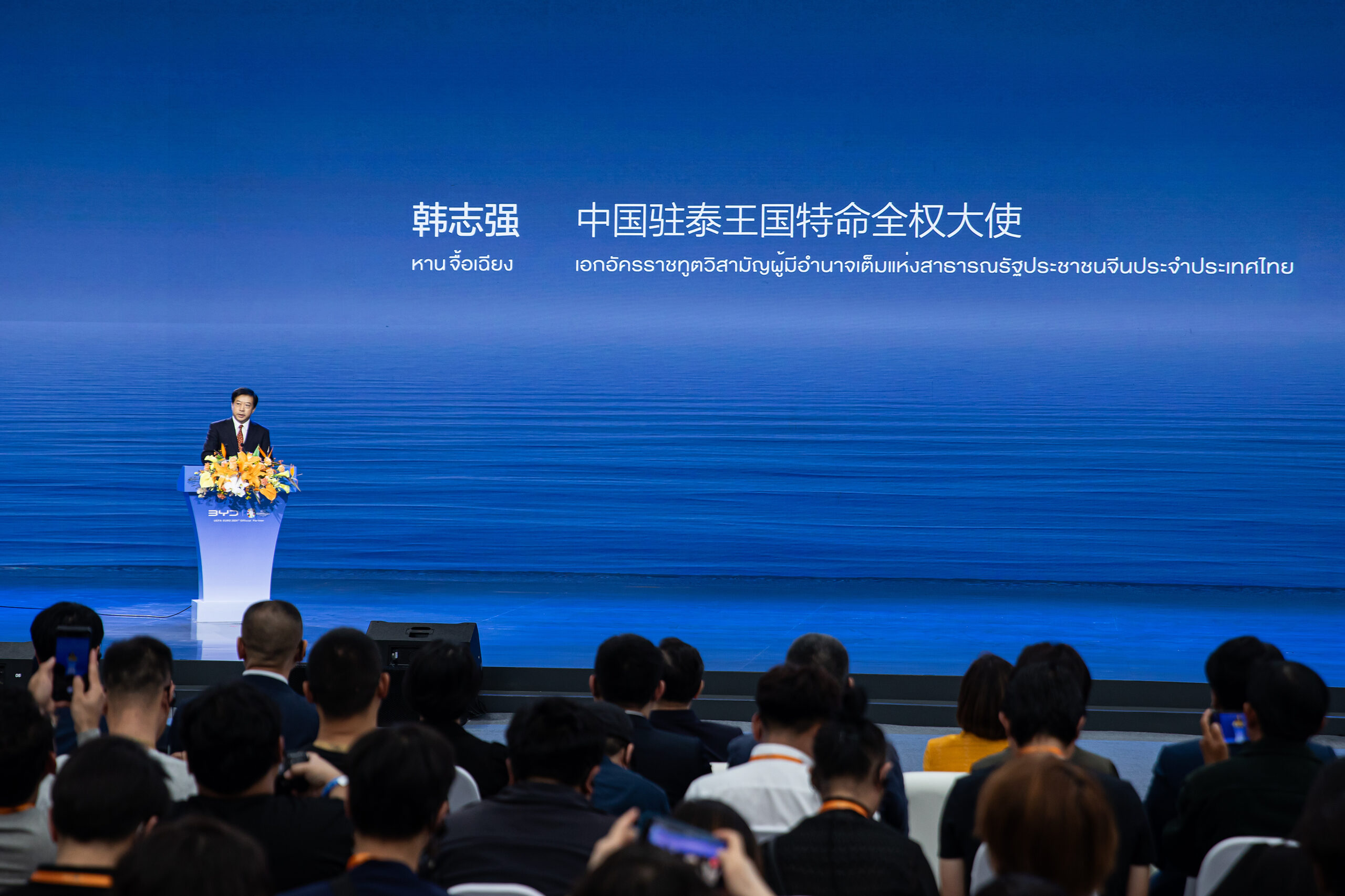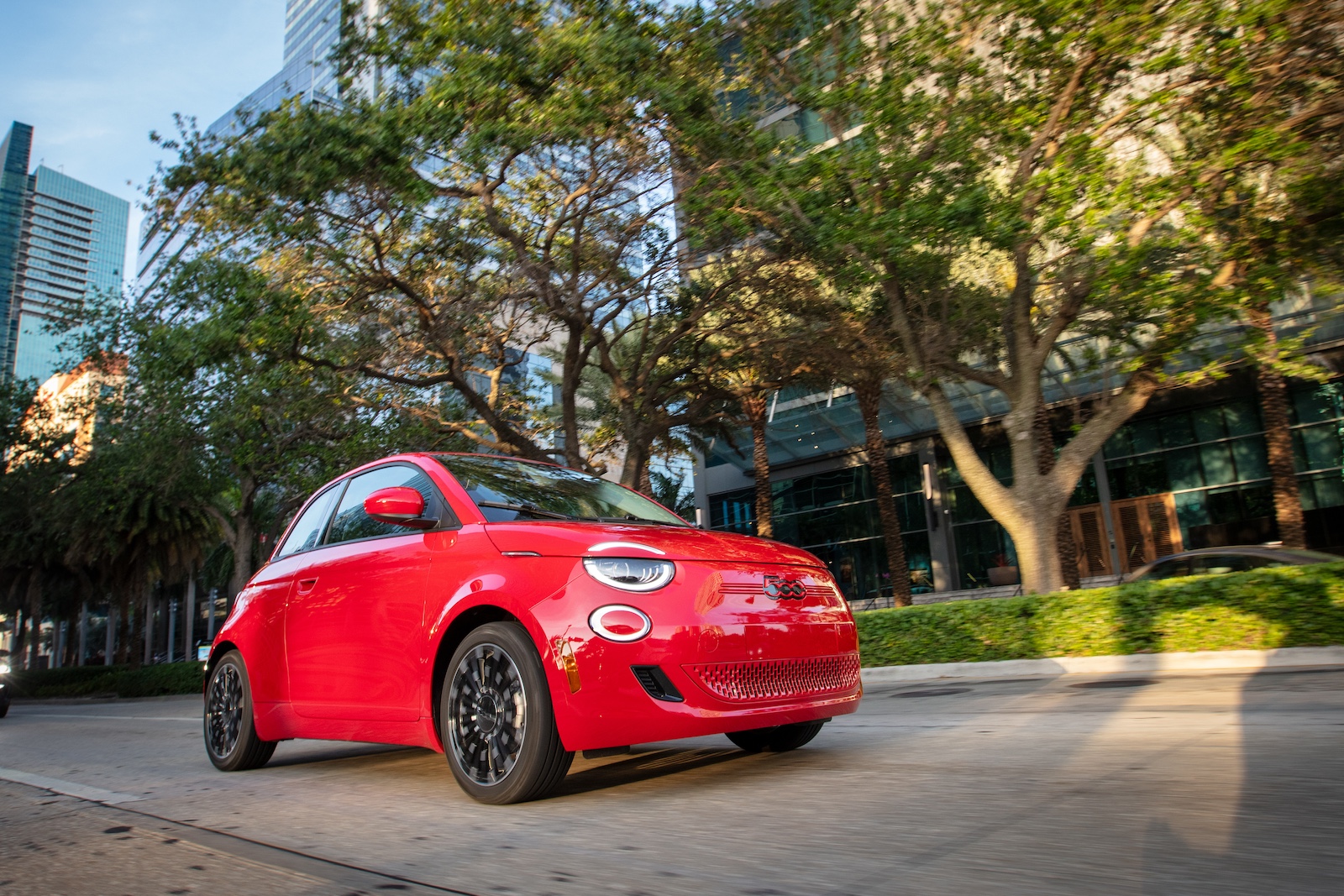Sign up for daily news updates from CleanTechnica on email. Or follow us on Google News!
Major advance for long-distance electric road transport
With partners from industry and research institutions, the Technical University of Munich (TUM) is to make battery-powered trucks viable for long-distance cargo transport. Megawatt charging represents an important step towards this goal. The first prototypes were presented to the public on Friday at an event on the Plattling Technology Campus with the Bavarian Minister of Economic Affairs Hubert Aiwanger in attendance. With the new charging post and truck, it will now be possible for the first time to charge the battery sufficiently for 4.5 hours of operation within the regulatory rest period — with no additional waiting time.
In Germany around 70 percent of freight transport in terms of volume and distance takes place on the road — mainly with diesel-powered trucks. This has a considerable environmental impact. 40 percent of transport-related emissions of 148 million tons of CO2 relate to freight transport. Consequently, a switch from diesel to electric power would yield substantial benefits. The research consortium NEFTON is working on the needed technical and infrastructure solutions under the leadership of the Chair of Automotive Technology of the Technical University of Munich (TUM).
Prof. Markus Lienkamp said: “The scientific facts send a clear message: Battery-powered trucks have an efficiency of around 75%. This puts them far ahead of trucks powered by fuel cells with a 26% efficiency and eFuels with a 14% efficiency. However, the necessary infrastructure for the effective use of electric trucks is still lacking along the main transport routes. The technology for megawatt charging represents an enormous step forward.”
Dr. Frederik Zohm, Executive Board Member for Research and Development at MAN Truck & Bus, said: “With NEFTON we have developed technologies that will make it possible to charge e-trucks rapidly and at a power rating of over 1000 kW. Our research prioritized real-world readiness, the costs and the grid power output. Along with our project partners we have clearly demonstrated that electric trucks and megawatt charging is the perfect combination for comprehensive decarbonization of road-based freight transport. The technology is there. Now it’s time to move ahead with the expansion of the charging infrastructure in the market through close cooperation between policymakers, the energy sector and vehicle manufacturers.”
Hubert Aiwanger, the Bavarian Minister of Economic Affairs, said: “This research project shows: high-tech and expertise from Bavaria will shape the mobility of the future. Initiatives like this will gradually decarbonize logistics and freight transport. This will boost the competitiveness of the Bavarian economy. I would therefore like to thank everyone who has contributed to the success of the NEFTON project. The Megawatt Charging System (MCS) will massively accelerate the charging times for trucks. This makes it a milestone in the development of electromobility. MAN has already demonstrated the real-world viability of this technology and has played a key role in developing standards. We are also incorporating the MCS technology into our current funding program. In the first round, we will finance 86 charge points. The next call for funding proposals is due to start in the late fall. Along with our hydrogen funding programs, this program is emblematic of the Bavarian state government’s openness to new mobility technologies.”
Charging posts every 50 km
The NEFTON project has investigated the use of electric trucks in the real-world logistics process. The consortium worked with four freight forwarding companies to analyze various areas of application — from local distribution to long-distance transport. The results show that, for distribution and regional shipping, most charging can take place at the freight forwarder’s premises. However, long-distance transport operations will require a network of high-powered truck charging stations at highway rest stops and parking areas.
The results show that charging posts capable of delivering peak power of 1 megawatt should be installed every 50 km along core highway routes. This can eliminate all time losses from charging. In a research setting, charging outputs of up to 3 megawatts have been studied. This would greatly improve flexibility in everyday use. It would also make it possible to install smaller batteries, which would reduce costs and yield ecological benefits. The NEFTON project will now investigate these future prospects.
- NEFTON project
- Along with TUM and MAN, the following partners are participating in the NEFTON project consortium: AVL Software and Functions GmbH, Forschungsstelle für Energiewirtschaft e.V. (FfE), Fraunhofer ISE, Prettl Electronics Automotive, Deggendorf Institute of Technology
- The project is funded by the Federal Ministry for Economic Affairs and Climate Action.
Courtesy of Technical University of Munich.
Have a tip for CleanTechnica? Want to advertise? Want to suggest a guest for our CleanTech Talk podcast? Contact us here.
Latest CleanTechnica.TV Videos
CleanTechnica uses affiliate links. See our policy here.
CleanTechnica’s Comment Policy





